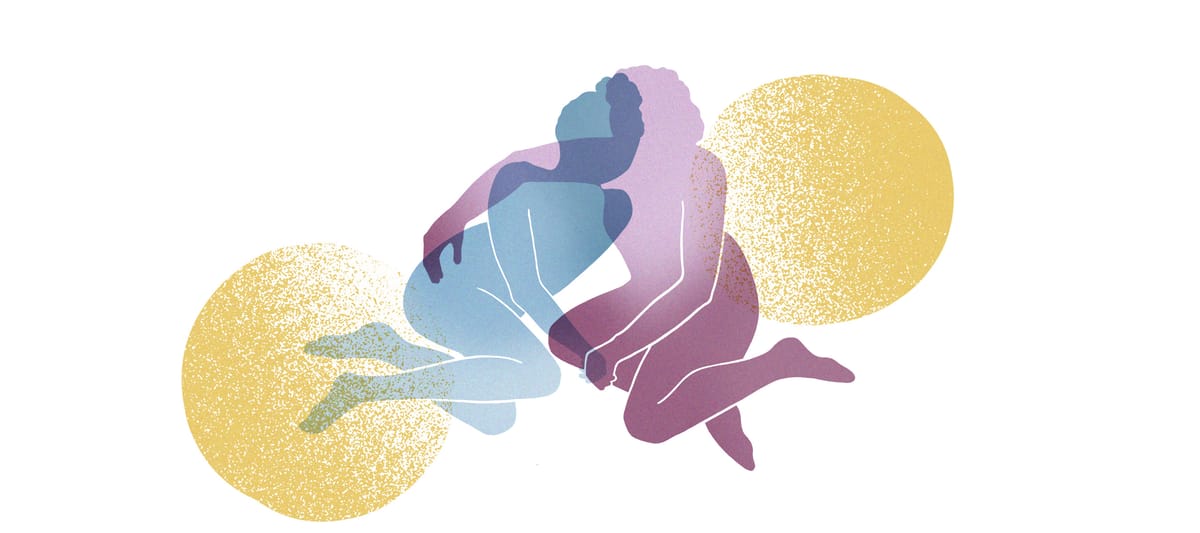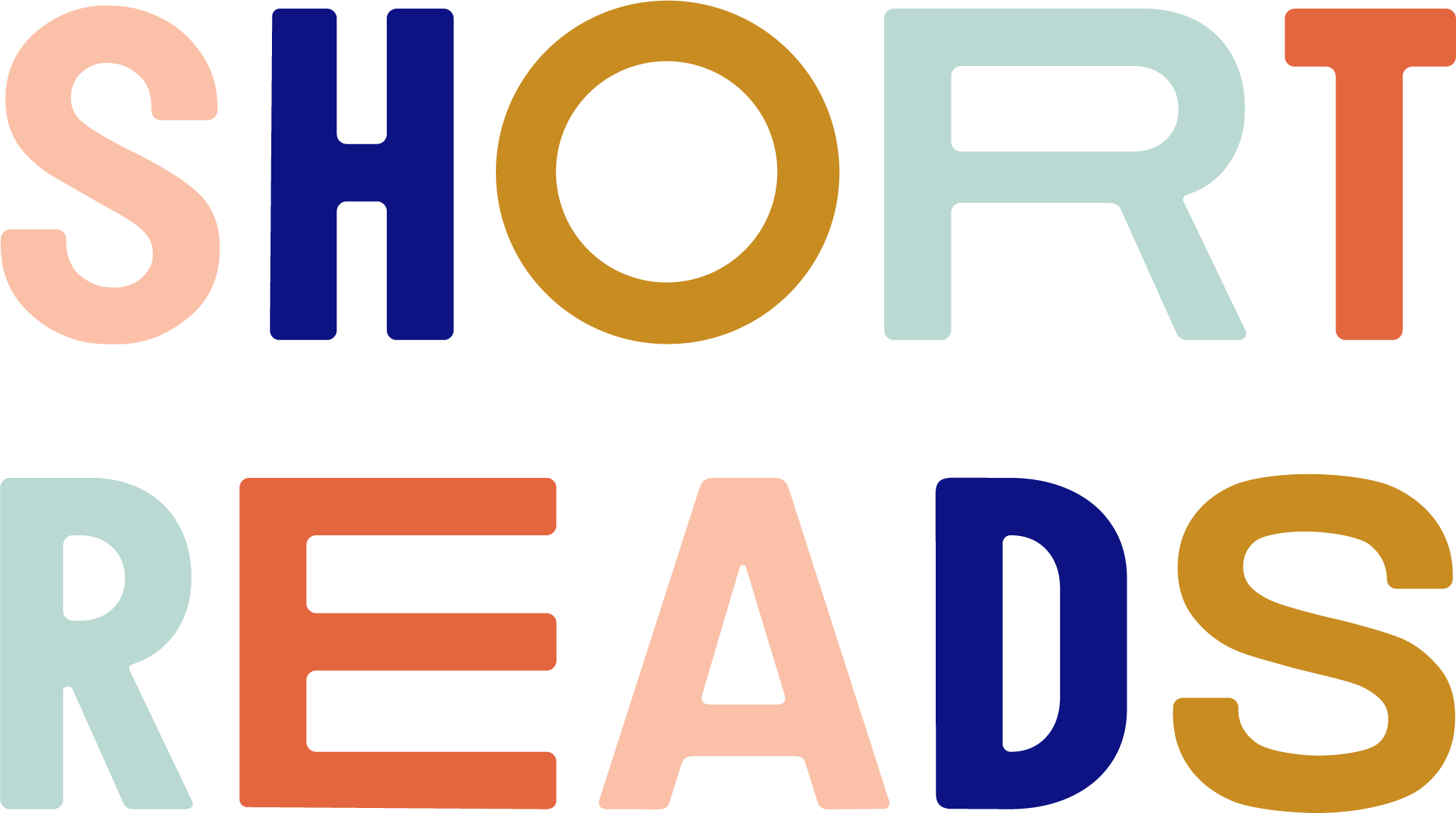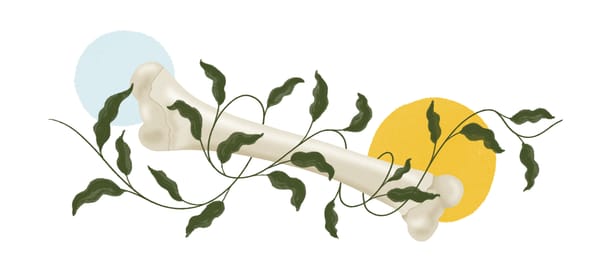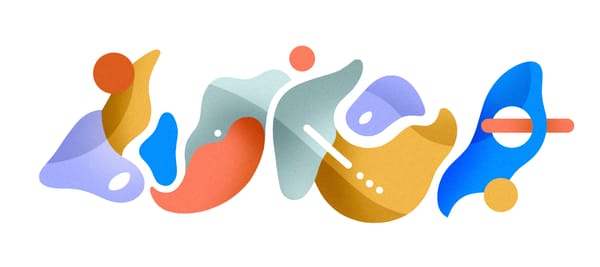Crushed
by Wendy Fontaine | Young love, young heartbreak.

If you hear your daughter sobbing in her room, walk to the end of the hallway and knock gently on her door. Listen as she collects herself, first the soft puff of a Kleenex being pulled from the box, then a quick blow of a nose and the shifting of weight on the bed. Think of all the things that could be troubling her. A bad grade in English. Pressure to make the varsity swim team, to be seen with the right friends, to wear the right outfits. It’s hard to be a teenager these days, with Snapchat and TikTok and Instagram, with drivers ed on the horizon and SATs right after that. School shootings on the news. Fentanyl in the campus bathrooms.
Wait a few more seconds before knocking again. Parenting involves so much waiting, more than you ever imagined. Every day, you wait in the car for her to get out of school, to get out of swim practice, to get out of music class. At home, you wait for her to empty the dishwasher and put her laundry away. You wait for her to come down for dinner.
If she says come in, open the door slowly. Take in the sight of your daughter sitting on her bed—her back against the wall, her pajama-clad legs extended in front of her. Seems like you both wear pajamas all the time now, sometimes even to the grocery store or the dentist’s office. Post-pandemic, pajamas are normal.
Notice her eyes, red-rimmed and swollen, her hand clutching another tissue. Sit on the bed beside her. Put your hand on her bare foot, on her cool, naked skin. Feel the sharp edges of the toenails she never bothers to trim. Ask her what’s wrong and then wait silently for an answer. Wait for what feels like the rest of your life.
Breathe deep when she says one word. One word, two syllables, filled with so much pain and longing that your heart bursts inside your chest.
Julie, she says.
Blood pools inside your ribcage and you practically die from how sad she sounds. Having a child means dying a little every day.
Rub her toes as she says it again. Julie. Her friend, who is moving away. Her friend, whose parents lost their jobs during covid and now must relocate for work. Her friend, who has been at your house, ridden in your car, eaten at your kitchen table.
Her friend, who is more than a friend.
You don’t know the word for what Julie is, but you know your daughter’s heart. You’ve known for years, probably since third grade, when she came home from school saying she had a crush on a girl named Diana. Diana is nice, she said. Diana is pretty. Diana is blonde and funny and kind.
You told yourself the word crush probably didn’t mean crush. It probably meant friendship. Admiration or respect. A certain closeness that such a young child couldn’t otherwise describe. But as time went on, you understood that your daughter really did mean crush. She meant affection. Attraction.
Then along came Daniel, a middle schooler with cool hair and cool cargo pants, and your daughter seemed as taken with him as she’d been with Diana. Part of you thought, phew—not because you didn’t want your daughter to be gay but because you were afraid of how she would be treated at school. Her appearance and personality already stuck out to the other kids, already felt different. Her eyeglasses to correct astigmatism. Her outfits from the boys department. Her sneakers dark blue while other girls wore sparkly pink.
But the crush on Daniel dwindled. Then, for years, she spoke no names, expressed no affections. You waited, again. You wondered. And now here, in her bedroom, with tears in her eyes, your daughter whispers the girl’s name once more.
Julie, she says, her wet eyes glancing up at you. I love her.
Notice how long you’ve been waiting for this day to come. Waiting for her to say these words or something like them. Waiting and hoping that you, in turn, would say the right thing.
But after all your rehearsing, all your reading of parenting magazines and advocacy websites and asking friends for advice, you don’t say anything. Instead, you slip your arm around her shoulder. You pull her close. You let the weight of her body melt into yours. Don’t tell her you know her pain because you don’t, not really. Nothing is the same as it was when you were a kid. The world is harsher now. More demanding. Don’t say the word gay because it’s not yours to say. It’s hers, and you shouldn’t take that from her. Just hold her tight and let her cry, let her tears soak your shirt.
Close your eyes. Think about how amazing it is that your daughter knows who she is at such a young age. If only you’d known that much. If only you’d been so perceptive, so mindful. Despite her self-awareness, maybe she feels scared. Maybe she feels uncertain. Will her friends still be her friends? Will she ever find love? Yes, her real friends will stick by her side. Yes, of course she’ll find love. Probably lots of times. Her heart will break and heal and break again. As will yours.
But don’t say any of that. Not yet. Just wait. Wait and sit perfectly still in your tear-soaked shirt with your outstretched arms, holding that space. Hold it for the rest of your life.
Wendy Fontaine’s work has appeared in The American Scholar, Jet Fuel Review, Oyster River Pages, Sweet Lit, The Sunlight Press, and elsewhere. She has received nonfiction prizes from Identity Theory, Hunger Mountain, and Tiferet Journal, along with nominations to the Pushcart Prize and Best of the Net anthologies. She lives in Southern California with her husband and her daughter (who is now in college) and serves as flash editor at Hippocampus Magazine. Find her online at wendyfontaine.com or on Bluesky @wendyfontaine.
This essay is a Short Reads original.
From the archive
May 29, 2024
“Pantoum for 1979”
by Brenda Miller | Two steps forward, one step back. May 31, 2023
“Library with Hyacinth, Girl, and Guns”
by Sue William Silverman | A still life.
Want more like this? Subscribe to Short Reads and get one fresh flash essay—for free—in your inbox every Wednesday. Or become a supporting subscriber and help us pay writers.






